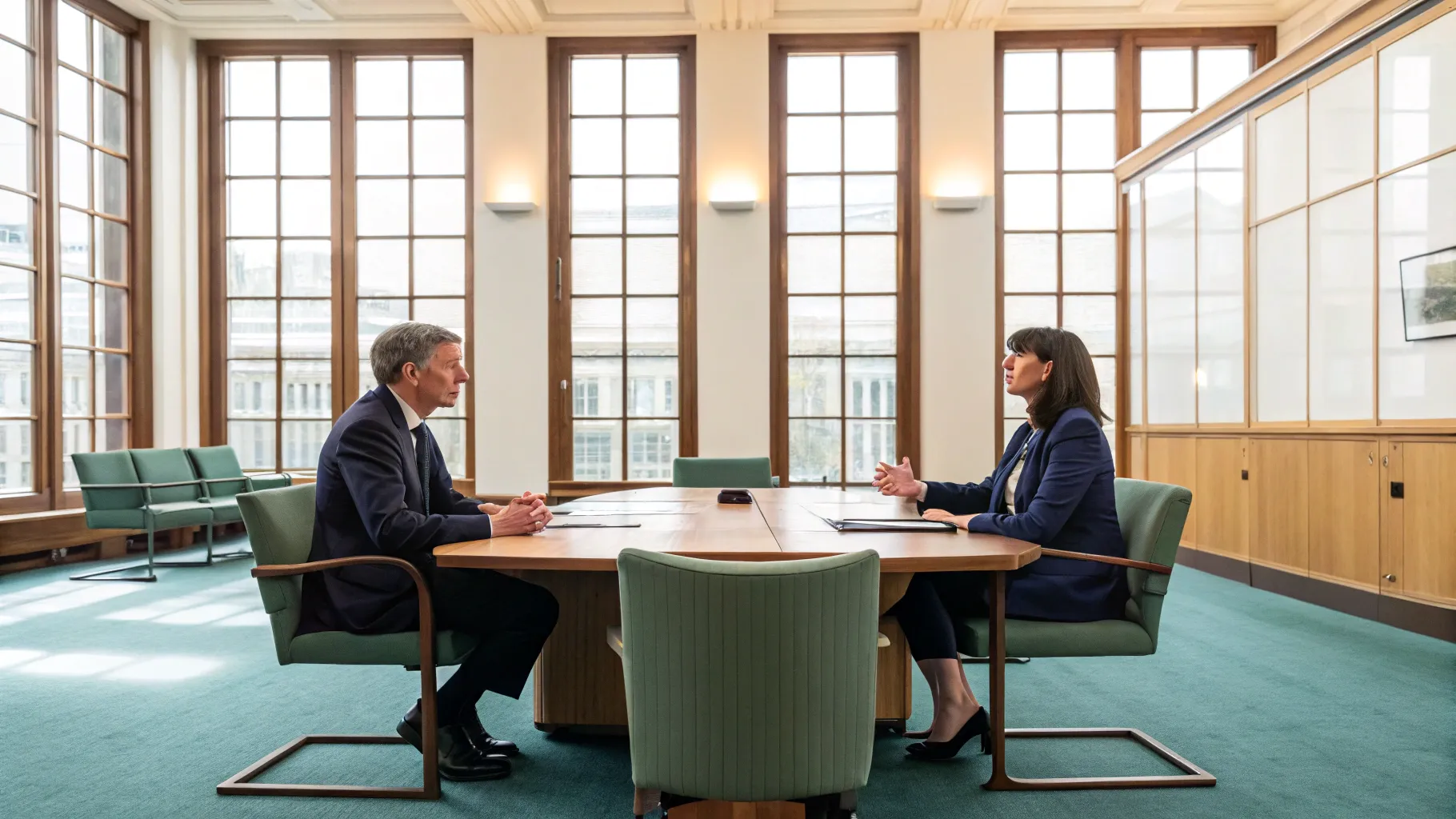
According to The Telegraph, the deputy prime minister has asked Chancellor Rachel Reeves to increase taxes. This request comes amid ongoing discussions about the government’s fiscal policy and budget planning.
The call for tax increases represents a significant policy position from one of the government’s most senior officials, potentially signaling internal discussions about addressing current economic challenges.
Political Implications
This public call from the deputy prime minister to the chancellor highlights possible strategic differences within the government regarding fiscal policy. The request for tax increases could indicate concerns about public finances, government spending commitments, or funding for public services.
The timing of this call is notable, as it comes at a time when many households are already facing financial pressures from rising costs of living. Any tax increases would likely face scrutiny from opposition parties and potentially from within the government’s own ranks.
Economic Context
The suggestion to raise taxes emerges against a backdrop of the UK’s economic challenges. The government must balance multiple priorities, including:
- Managing public debt levels
- Funding essential public services
- Supporting economic growth
- Addressing inflation concerns
Chancellor Reeves, who took office with a mandate to stabilize public finances, now faces pressure from within the government to consider tax increases as part of her economic strategy. This approach would shift from previous messaging emphasizing fiscal restraint without explicitly calling for higher taxes.
Public Response
Tax increases typically face mixed reception from the public and business community. Business leaders often express concern about the impact of higher taxes on investment and growth. At the same time, public opinion can vary depending on which taxes might increase and who would bear the burden.
Economic analysts note that the specific taxes targeted for increases would significantly impact both public reception and economic outcomes. Income tax increases affect workers directly, while corporate tax changes influence business decisions and potentially employment.
The Telegraph’s reporting does not specify which taxes the deputy prime minister suggested increasing, leaving open questions about the scope and impact of the proposed changes.
As this story develops, attention will focus on Chancellor Reeves’ response to this public call from her cabinet colleague, and whether this signals a broader shift in the government’s approach to fiscal policy and taxation.











Howie Jones
My name is Howie and I'm a Customer Success Manager at Calendar. I like to ensure our customers get the best experience using our product. If you have questions email me howie at calendar.com